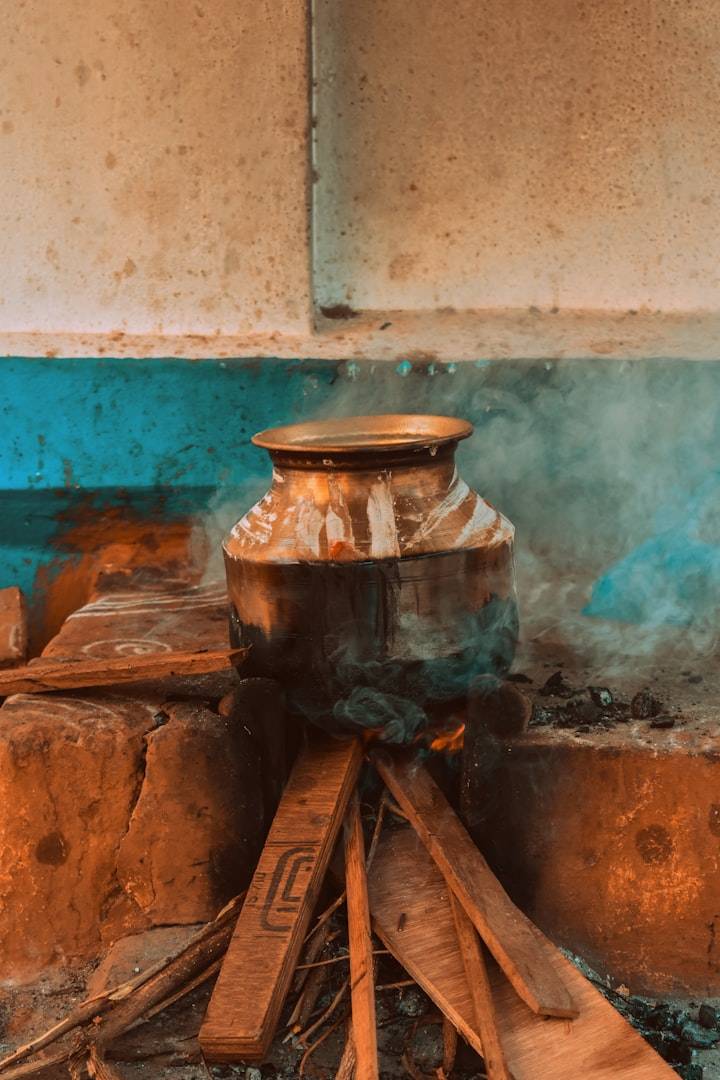The Spirit of Pongal: A Lesson in Gratitude
In a quaint village nestled amid lush green fields, a farmer named Kannan was preparing for Pongal, the festival of harvest. Known for his hard work, Kannan took pride in his land, where the crops stood tall and golden, promising a bountiful harvest.
As the festival approached, the village buzzed with excitement. Houses were cleaned, rangolis adorned courtyards, and women sang songs of celebration. But Kannan felt a strange unease. He was grateful for his crops, yet something seemed incomplete.
On the morning of Pongal, Kannan rose early to prepare the traditional sweet rice. His family gathered around as the clay pot boiled over, symbolizing abundance. As they prayed to the Sun God, Kannan’s thoughts drifted to an old man he often saw sitting under a banyan tree at the edge of the village.
The man, clad in a simple white dhoti, was a storyteller. People called him Ayya, and children often crowded around him to hear his tales. Kannan, however, had never paid much attention to Ayya, dismissing his stories as idle talk.
That evening, Kannan decided to visit Ayya, carrying a pot of sweet Pongal as an offering. When he reached the tree, Ayya smiled warmly and invited him to sit.
“Why have you come, my son?†Ayya asked.
“I don’t know,†Kannan admitted. “I have everything—a good harvest, a loving family—but I feel restless.â€
Ayya chuckled. “Do you know why we celebrate Pongal?â€
Kannan nodded. “To thank the Sun God and nature for the harvest.â€
Ayya leaned forward. “True, but Pongal is also about gratitude to people, to the unseen hands that make our lives whole. The pot overflows, not just with rice, but with blessings from many. Have you thanked the laborers who helped sow the seeds? The river that watered your fields? The cattle that plowed your land?â€
Kannan was taken aback. He had never thought beyond his own efforts.
“Gratitude,†Ayya continued, “is like the pot of Pongal. It must overflow, touching everyone who has contributed to your life.â€
That night, Kannan couldn’t sleep. The next day, he gathered his family and went to meet the laborers, the cattle herders, and even the village potter who had made the clay pot for Pongal. He shared his harvest with them, thanking each one for their role in his success.
For the first time, Kannan felt a profound peace. The unease was gone, replaced by a deep connection to his community and the world around him.
Years later, Kannan’s farm became a model for collective celebration. Every Pongal, he invited the entire village to join him, ensuring no one was left behind. Ayya’s words had transformednot just Kannan but the spirit of the village.
And so, Pongal became more than a festival of harvest—it became a celebration of gratitude, unity, and the overflowing pot of life.




No comments yet
Be the first to share your thoughts!